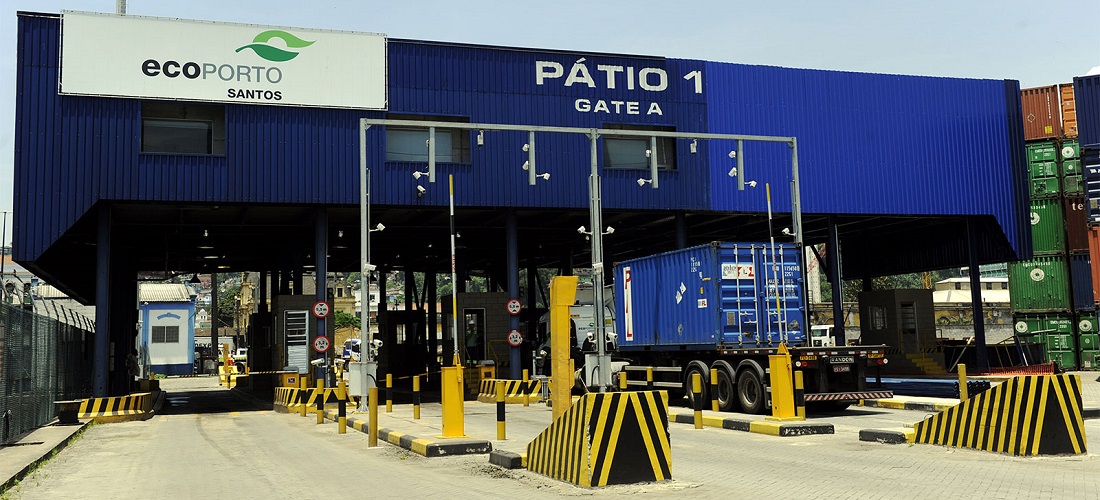
Slowdown by Ibama Employees Impacts Brazilian Vehicle Imports and Exports
May, 31, 2024 Posted by Gabriel MalheirosWeek 202423
The slowdown work regime (Operação Tartaruga) by employees of the Brazilian Institute of Environment and Renewable Natural Resources (Ibama), ongoing since January, is significantly impacting the import and export of combustion and hybrid vehicles. This situation has left many cars stranded in Brazilian port yards, notably at the Port of Santos.
Ibama’s inspectors are essential for issuing import licenses for both light and heavy vehicles, certifying compliance with the Vehicle Emissions Control Program (Proconve). The work slowdown has also affected auditors from the Ministry of Agriculture and Livestock (Mapa), who are responsible for inspecting containers with parts and vehicles, further disrupting the supply chain. Although the number of stranded vehicles has decreased from 47,000 in March to 17,300 in May, the National Association of Motor Vehicle Manufacturers (Anfavea) remains concerned.
“Currently, 206 containers are awaiting clearance, severely impacting our production and exports. If we consider vehicles and machinery, we have 1,152 containers pending. We are doing everything possible to expedite this process, as the delays are creating significant challenges for our industry,” explained Anfavea President Márcio de Lima Leite.
Ecoporto Santos reported substantial operational impacts, including excessive yard occupancy and reduced terminal productivity. The terminal handled 2,517 import units, representing 68% of its activity in the first quarter. “This situation demands immediate attention to minimize the disruptions faced by manufacturers and the port sector,” the statement read.
Similarly, Santos Brasil noted that its Vehicle Terminal (TEV) processed 3,836 import units in the first quarter, but only 48% were cleared by the end of the period. “Currently, the terminal’s occupancy for imported vehicles is within the average. About 90% of TEV’s activity is related to vehicle exports,” the company noted.
Miguel Malaguerra, Executive Director of Grimaldi Lines, one of the world’s largest ocean vehicle transporters, based in Italy, highlighted the impact on import flows from Mercosur. “Comparing the second half of January to mid-March with the second half of March to mid-May, there is a 40% drop in vehicle imports. Congestion at the Rio de Janeiro and Santos ports also affected exports, with an 8% decline in the same period due to import vehicles clogging the yards,” Malaguerra explained.
Ibama stated that analyses are being conducted within ten business days, well below the legal limit of 60 days set by last year’s Secex Decree (Foreign Trade Secretariat) No. 249. The agency also confirmed its active participation in negotiations with other federal government bodies regarding employee demands, working towards a positive resolution to ensure continued operations.
“There has been no strike so far. Employees are still performing internal duties. The agency’s leadership prioritizes the enhancement and restructuring of Ibama careers, and has been actively working towards this since the beginning of the current administration,” the statement concluded.
Representatives from employee associations indicated that staff continue to advocate for restructuring the environmental specialist career, seeking to narrow the wage gap between technicians and analysts. They expressed dissatisfaction with the government’s proposal, which includes a zero percent salary increase for this year, failing to meet the category’s demands.
-
Shipping
Jun, 23, 2021
0
Maritime community warns of crews trapped on the high seas
-
Blog News (ENG)
Dec, 20, 2024
0
Amazonas Imports Surpass Exports by 20 Times in November
-
Shipping
Mar, 26, 2025
0
Argentina Sees Contentious Debate Over the Paraná Waterway Concession
-
Nov, 29, 2021
0
Completion of the Abreu e Lima Refinery works establishes Suape as the fuel-moving port



